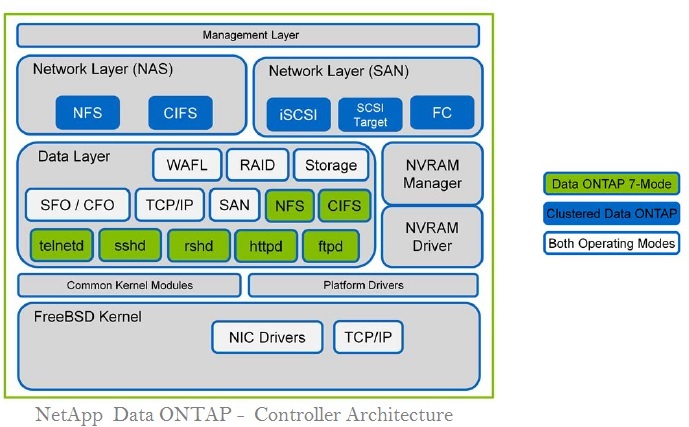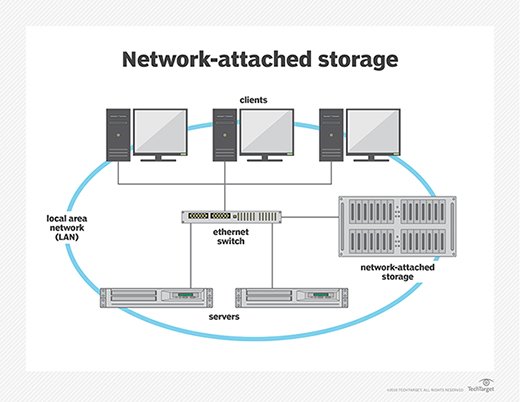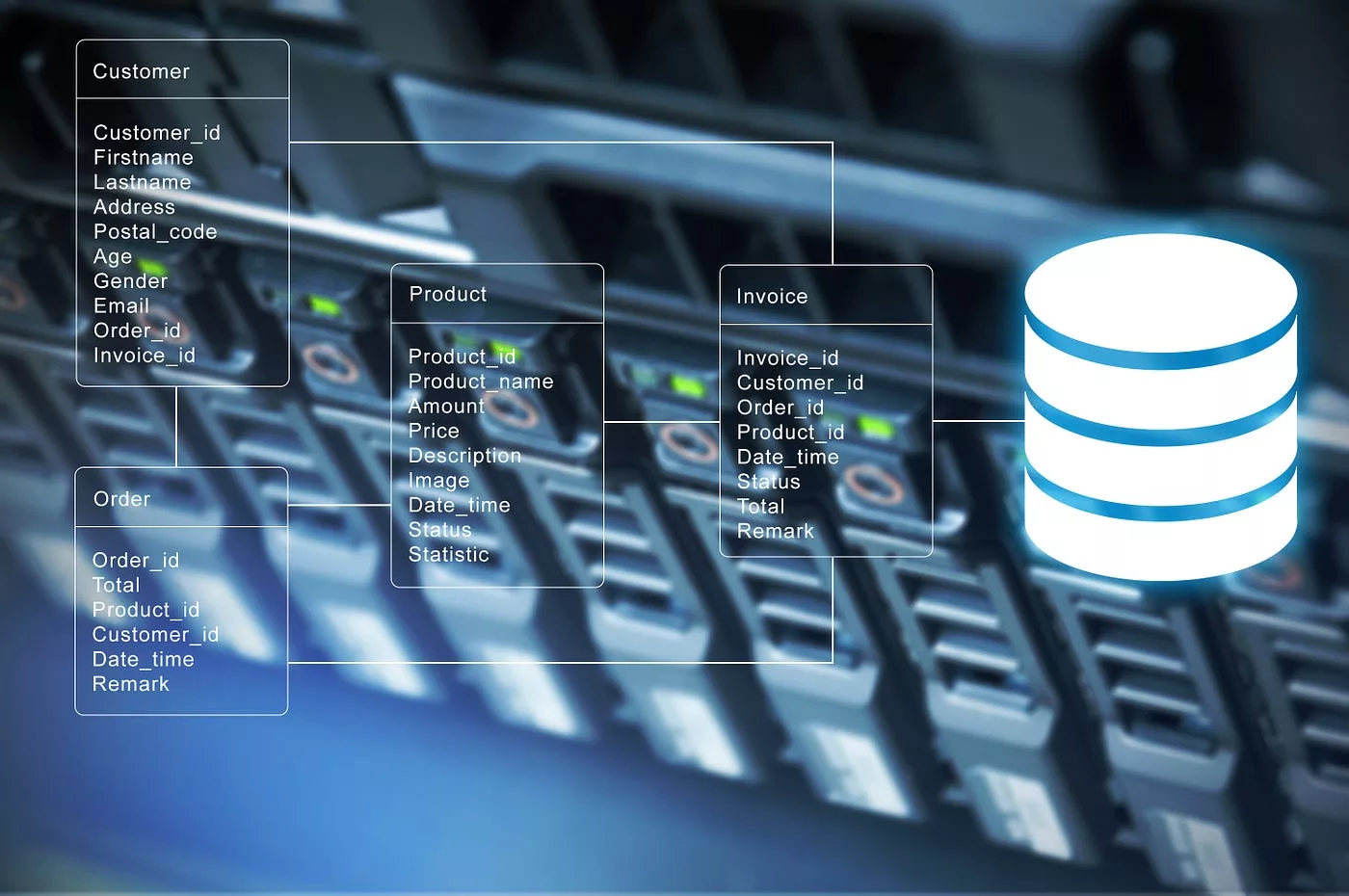NAS Applications have enabled organizations to deal with the huge volumes of data generated every day. With adoption of this technology, businesses can store and retrieve large amounts of data in a cost-effective manner without making major infrastructure investments. NAS applications also offer businesses advanced features such as realtime replication, snapshotting, disaster recovery and storage tiering that ensure reliability and access even in the face of failures or disasters. Furthermore, these applications help increase operational efficiency by allowing users to securely share their data over the network at any time from any location. For IT professionals who manage multiple networks running complex storage systems, NAS applications are essential for performance optimization and resource utilization.
Understanding Network-Attached Storage (NAS)
NAS is a type of file-level computer data storage connected to a network. It provides users and applications access from anywhere on the network. A typical setup involves one or more hard disk drives that you use for sharing files over the internet.
The system administrator typically provides remote administration capabilities that help enable secure connection and management of user accounts and folders associated with the NAS device. The benefits of NAS systems include their ability to store large amounts of data securely and at lower cost than other types of storage solutions; they are also easy to manage with fewer resources required when compared with traditional disk-based systems.
Additionally, most NAS devices come equipped with built-in support for RAID (Redundant Array Independent Disks) which allows them to increase both reliability and availability by providing multiple copies–or “mirrors”–of your stored data across multiple disks thus eliminating single points of potential failure within the system.
Key Applications of NAS in High Throughput Data Services
Network-attached storage (NAS) devices are commonly used for high throughput data services. With its massive capacity and flexibility, it is ideal for storing large amounts of data, especially when paired with cloud computing solutions.
NAS systems can store petabytes of information, allowing users to access critical business applications without having to worry about server performance bottlenecks or the need to purchase excess hardware.
The most common uses for NAS in high throughput data services include:
- Enterprise resource management (ERM),
- Business intelligence processing,
- Enterprise content management (ECM),
- Financial analysis & reporting systems,
- Customer relationship management (CRM),
- Video conferencing platforms and
- Remote backup solutions.
Additionally, companies can leverage their existing network infrastructure by utilizing a NAS as a private cloud platform that provides secure authentication and authorization protocols; resulting in improved scalability and decreased costs overall.
Enhancing Data Transfer Speeds with NAS
Data transfer speeds are critical for businesses and organizations of all sizes, from small startups to the largest enterprises. Network-attached storage (NAS) is a great way to greatly increase data transfer speeds and enable reliable access to stored files across an entire organization.
NAS systems provide improved reliability through redundancy and increased capacity with support for larger drives in a convenient form factor. NAS solutions can also be easily connected via Ethernet cables or wireless LAN adapters which eliminates the need for a server or dedicated network hardware.
For mission-critical operations, redundant power supplies and mirroring means that even in the event of abrupt system failure, there will still be an available backup set of data ready to go at all times – no more worrying about manual backups! With technology improving nearly every day, there’s never been a better time than now to upgrade your business’ infrastructure with NAS-backed data transfers.
Achieving Scalability and Flexibility in High Throughput Data Services using NAS

Storage solutions NAS storage solutions provide many benefits to organizations that need to manage high throughput data while achieving scalability and flexibility. With NAS, businesses can easily connect multiple servers over a network in order to maximize performance while adding additional resources as needed. This enables the business to access the stored data from any location on its network with ease, increasing productivity and reducing downtime associated with accessing resources.
Additionally, NAS systems are typically highly secure due to their ability for permission-based data management as well as encryption within files and communication protocols between servers.
Furthermore, they can also be customized on an individual level which allow configuration of user privileges for security purposes or allowing specific users access for collaboration purposes. This makes them ideal for organizations seeking increased efficiency when dealing with large amounts of data within a flexible environment.
Data Backup and Disaster Recovery with NAS in High Throughput Environments
Data backup and disaster recovery is more important than ever for businesses in highly trafficked environments. Utilizing NAS (Network Attached Storage) to ensure data security and business continuity is a must for any company that relies on large amounts of critical information.
By utilizing NAS as the primary storage component, companies can reduce their risk of data loss due to unforeseen circumstances such as natural disasters or hardware failure. NAS’s ability to offer consistent performance across workloads makes it an ideal choice when it comes to backing up files while ensuring fast retrieval times.
In addition, features such as snapshot replication allow businesses to create multiple versions of critical data in case anything goes wrong so you can recover backups quickly with minimal impact. With these benefits provided byNAS systems, companies are able to make sure their most essential information stays protected no matter what unexpected events may occur.
Improving Data Accessibility and Sharing with NAS
One of the most useful and versatile solutions for storing and sharing data is network-attached storage (NAS). NAS offers businesses an effective way to not only store their files securely but also access them quickly from multiple devices across different locations.
For instance, you can install a NAS device that stores all of your organization’s critical information—from customer databases and financial documents to design drawings—and share it with multiple users, who can then access that same data from anywhere in the world. This makes collaboration more efficient since everyone involved needs only access a single server instead of downloading various versions onto each local device.
Additionally, by using cloud technology together with NAS systems, organizations are able to enhance its storage capacity by providing an additional layer of remote storage that personnel can easily access via the Internet or intranet connection.
Moreover, they ensure superior security as both licensed staff and approved associates gain decreased levels of permissions which cannot replicate or share outside those authorized parameters.
The combination of locally stored networks alongside cloud computing capabilities has made it easier than ever before for businesses to manage large amounts data securely while at the same time offering increased accessibility at any given time from different sources.
Conclusion
You may see in the use of NAS clusters that can support tens, hundreds, or even thousands of nodes and provide various services i.e file sharing, data replication etc. NAS solutions are becoming more popular for businesses as they have good storage capacity and performance capabilities as well as scalability to add more users/clients over time. They have many advantages such as easy configuration, a wide range of services offered by NAS devices and cost savings for companies looking to reduce IT spending.
The Integration of Multiple applications is also possible via NAS Clustering Solutions which improves functionality such as Data Availability, data summarization and Security . There is no doubt that NAS Clustering Solutions will continue to grow in popularity due to their cost effectiveness and ease of integration with existing systems.





